Glenna Veneberg believes her 85-pound black Labrador retriever, Ruby, may have been the first to realize she was sick.
“When I look back, she became very protective of me,” Veneberg said. “I think she sensed there was something going on with me. When I used the bathroom, she insisted on going in. … She was sniffing, and I think she could tell something had changed.”
Although her dog behaved strangely, Veneberg didn’t notice anything amiss until her symptoms appeared.
While visiting her son and his family in Arizona for Christmas, the retired nurse experienced bloody vaginal discharge.
“I was thinking, oh boy, that was kind of startling,” said 67-year-old Veneberg. She had some unusual watery discharge a few months earlier, but it hadn’t really caused concern.
Once she returned to West Michigan, the Holland resident called her primary care doctor’s office. When a Pap test didn’t reveal any abnormalities, she underwent a biopsy of her endometrium and cervix.
Then, on Valentine’s Day 2017, she received her diagnosis: endometrial cancer.
‘It’s something that has to be done’
Veneberg was referred to Mae Zakhour, MD, a Spectrum Health obstetrician and gynecologist who specializes in gynecologic oncology. Dr. Zakhour says Veneberg’s early diagnosis may have saved her life.
“For any post-menopausal patient, it’s not normal to have bleeding. It’s not something to brush off,” she said.
Like many endometrial cancer patients, Veneberg had a hysterectomy to remove the uterus. Surgery in the morning, home before bedtime.
That’s often the only treatment needed. But although her cancer was discovered early, Veneberg’s proved to be an aggressive form of the disease, which meant she also underwent chemotherapy and radiation at the Spectrum Health Lemmen-Holton Cancer Pavillion.
She took a matter-of-fact approach.
“You put your trust in these doctors,” she said. “It’s something that has to be done. You can’t ignore these things.”
Then, of course, there were the side effects.
During another trip to Arizona—this time to celebrate her grandson’s third birthday—her head began tingling. Veneberg knew that signaled hair loss.
She had prepared. Veneberg packed wardrobe-matching baseball caps in her suitcase, so she was properly coordinated for the flight home.
“You never get used to it, looking in the mirror and seeing that bald head,” Veneberg said. “So my husband, bless his heart, he shaved his head, too.”
Veneberg’s dog, Ruby, continued to be protective throughout her surgery and treatment. Even now, more than a year after her diagnosis, the dog jumps onto the bed to lick her face and smell her breath every morning.
Looking back, she wonders where she would be today if she didn’t act quickly.
“I was blessed because I didn’t ignore it.”
Pay attention to your body
When she lost her hair, many people asked if she had breast cancer. She used that conversation opener for education.
“I tell as many people who will listen about how subtle the signs of gynecologic cancers can be,” Veneberg said. “The symptoms are so subtle, you just need to be aware of it. If you think something is ‘off,’ take care of it.”
Dr. Zakhour urges any post-menopausal woman who experiences bleeding to get it checked out, and younger women with abnormal or heavy bleeding should also see their doctors.
Bleeding isn’t the only symptom that should be heeded. Other signs of gynecological cancer include unexplained weight loss, continuous bowel or bladder pressure, bloating, fatigue, lack of appetite or unexplained pain.
“I’m really passionate about women taking care of themselves,” Veneberg said. “We are givers and put ourselves into the background. It’s easy to ignore symptoms.”
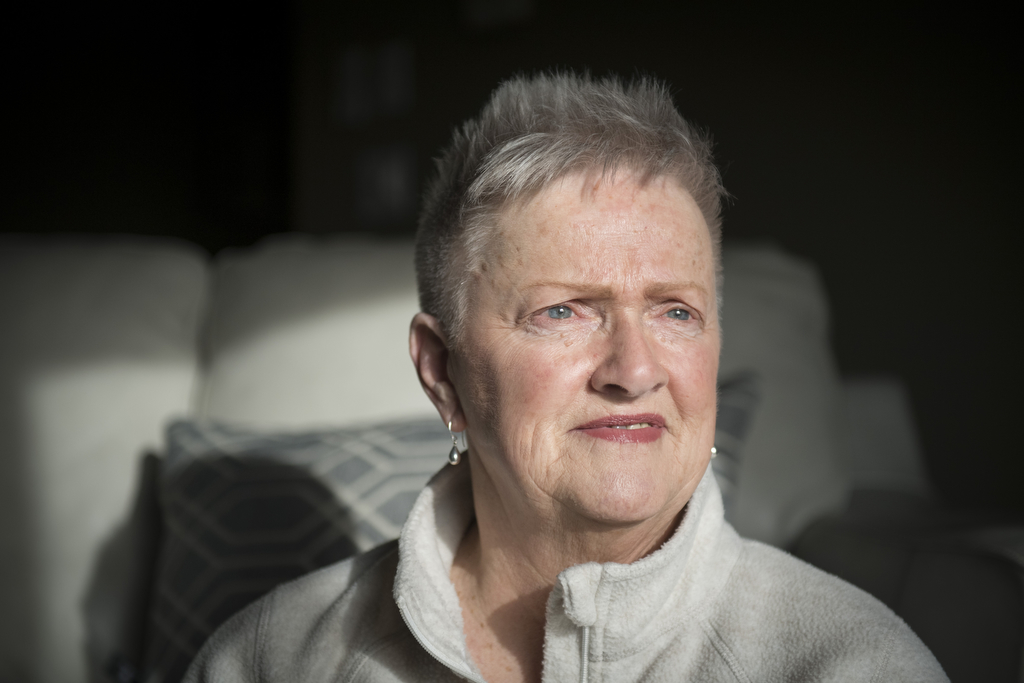
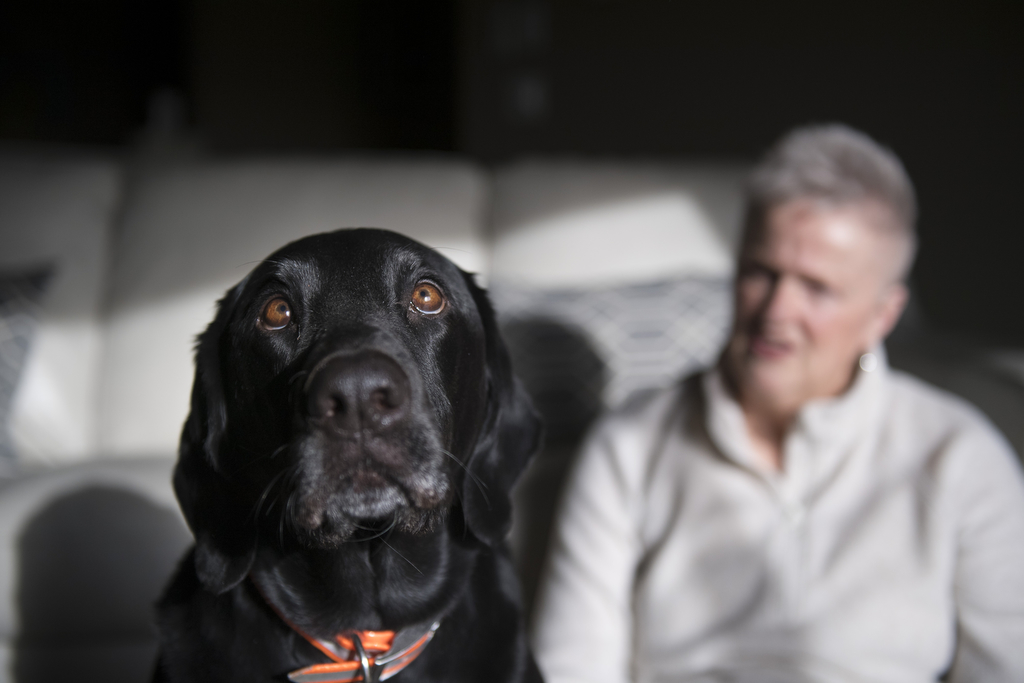

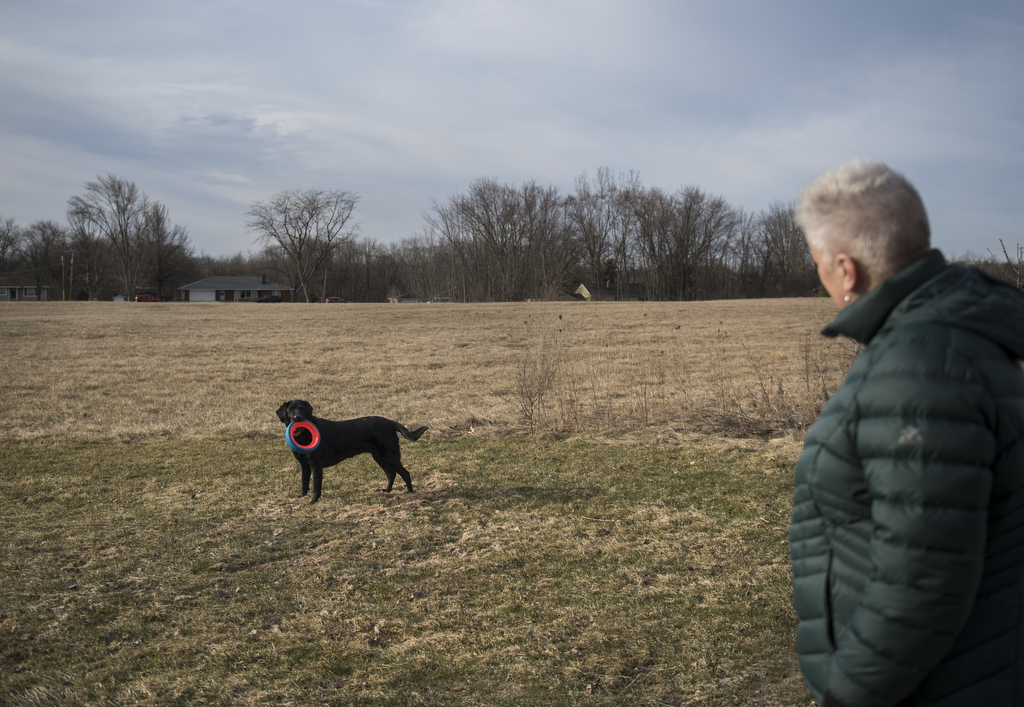

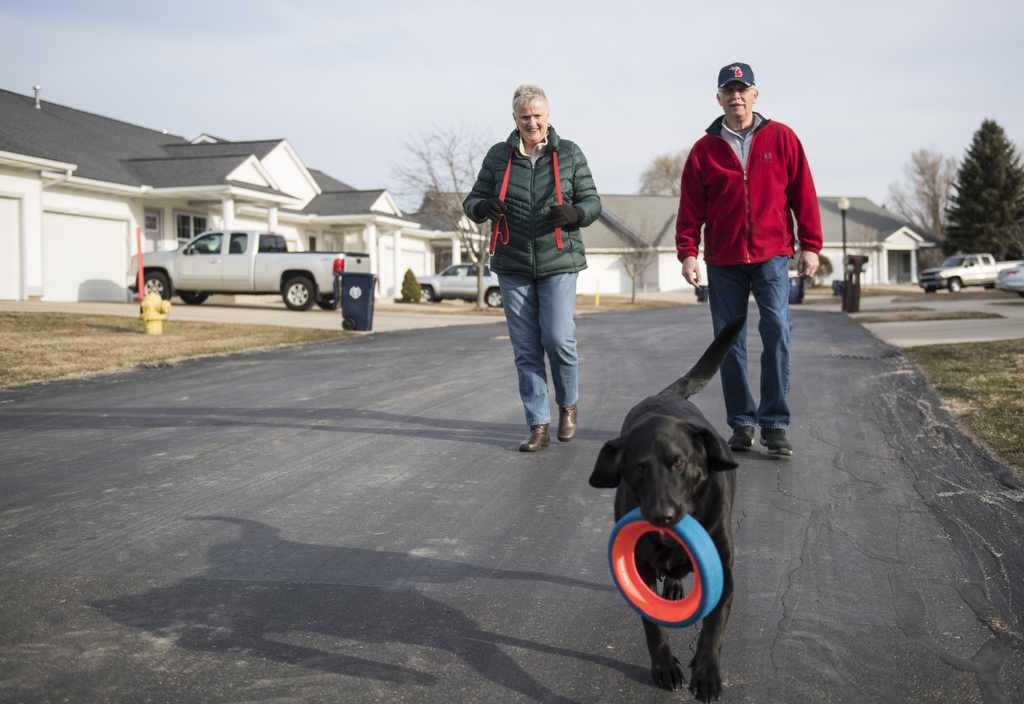
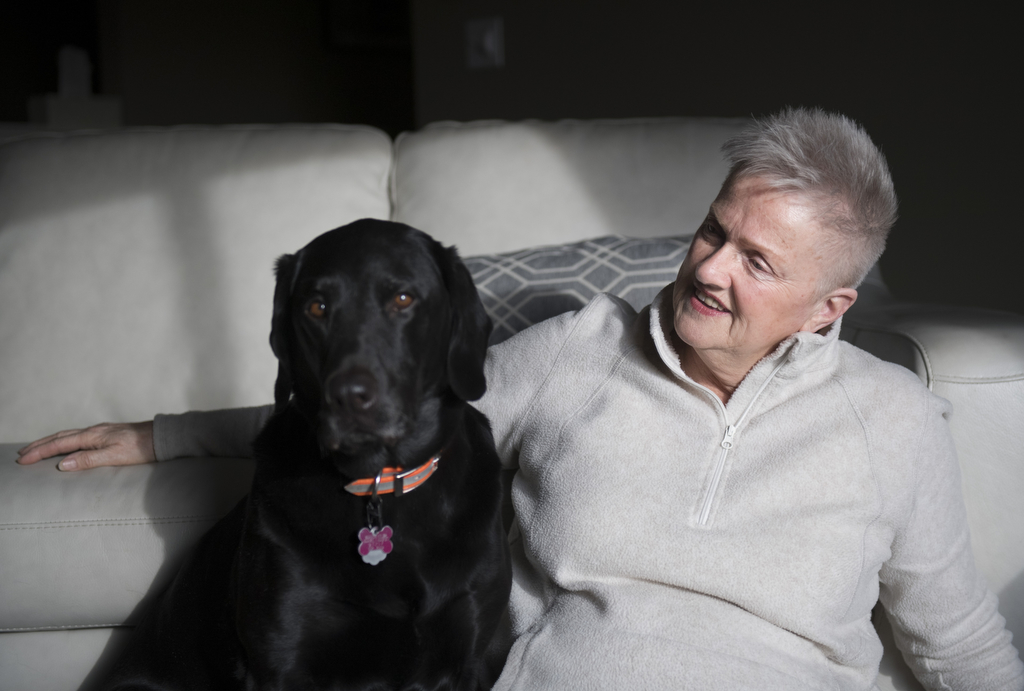
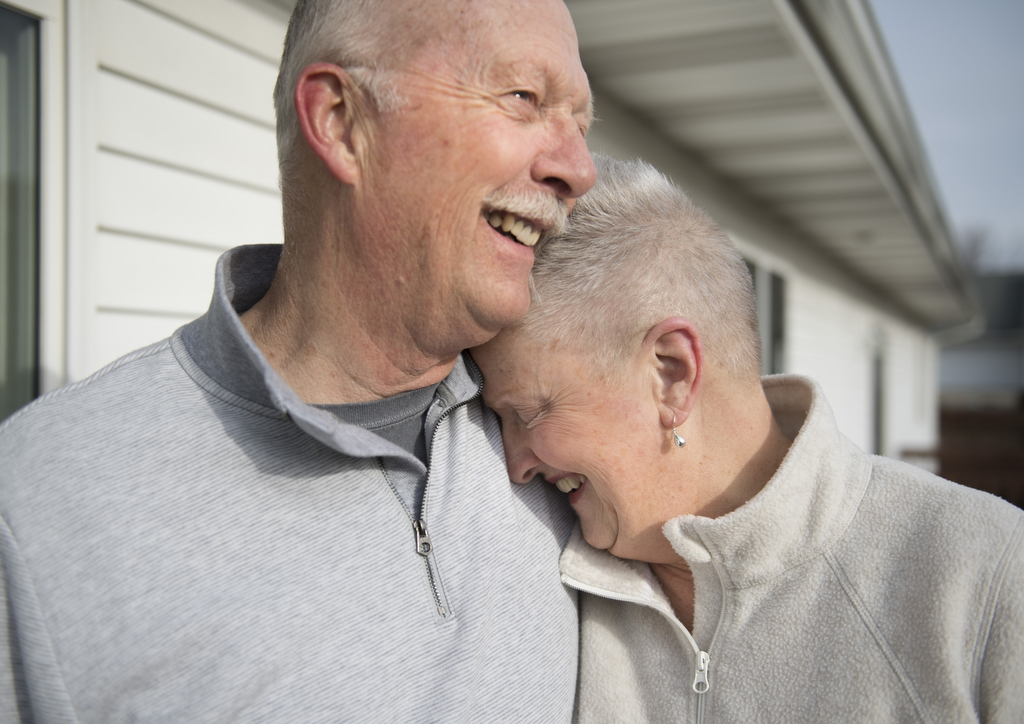
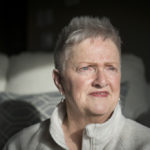
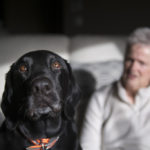
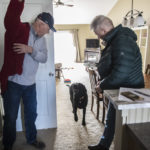


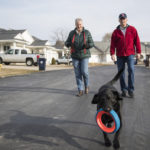
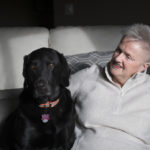

 /a>
/a>
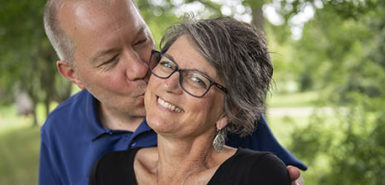 /a>
/a>
 /a>
/a>
Glenna is my neighbor and I found out very early about her diagnosis. She is a very brave and matter of fact person and seeing her reaction to what some would consider a devastating event in life, I consider Glenna to be my hero! I hope if I ever have to go through something similar I would have the tenacity that Glenna had. Thanks for sharing your story Glenna. You are an inspiration to all women.
I am deeply touched by your honesty and straightforward approach to tackling the cancer head on. It’s a testimony to your strong faith. Thank you for sharing your story so that others may know. You have set a great example that reminds us all to listen to our bodies. So proud of you and Doug! Sorry about Ruby’s passing! What a faithful, wise and caring companion. 😍🤗😍